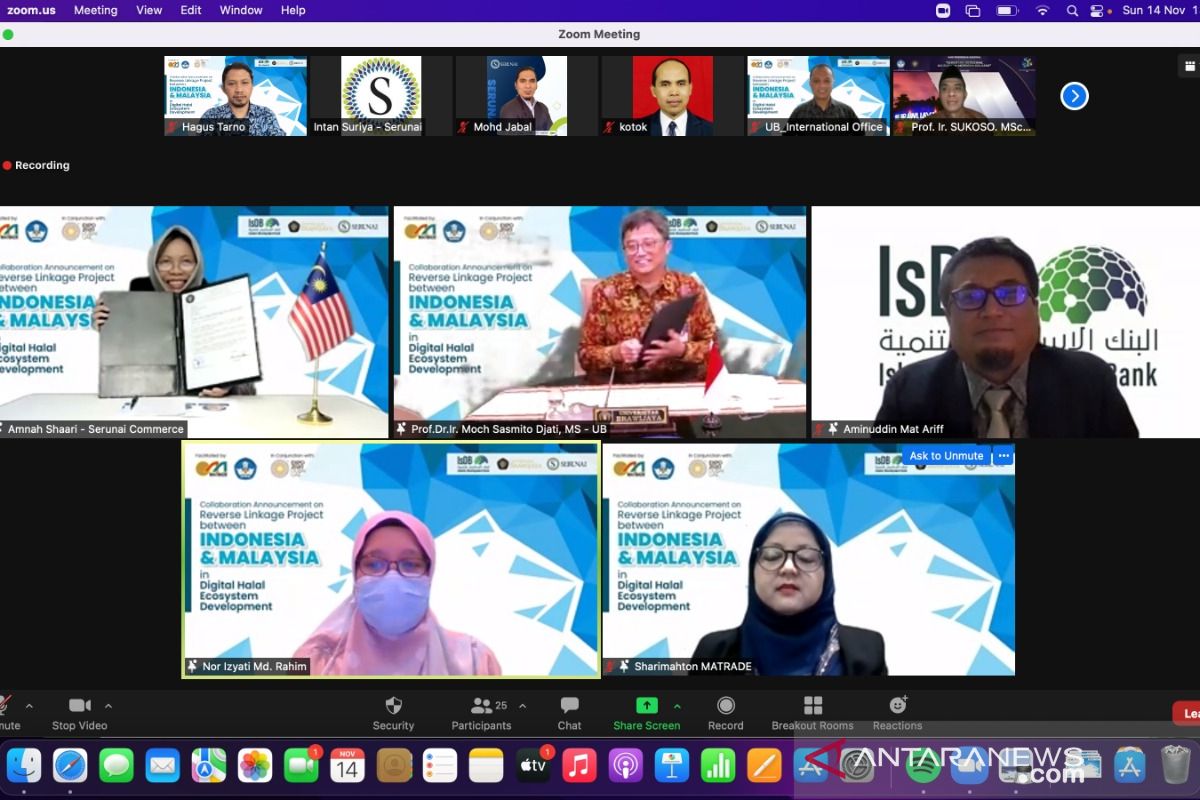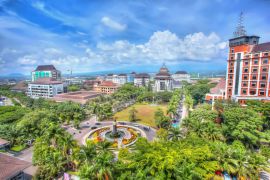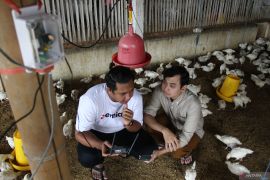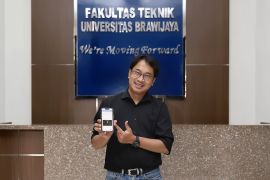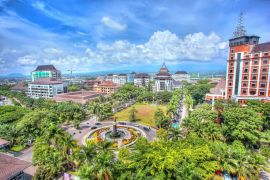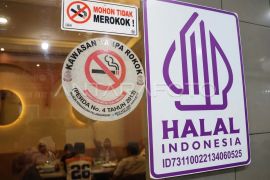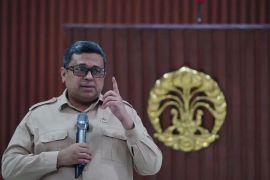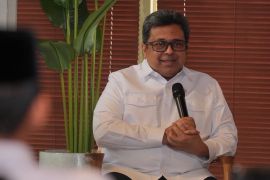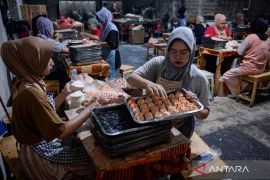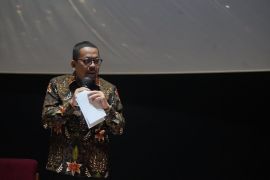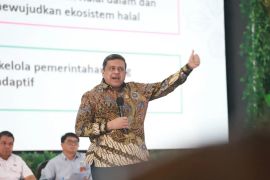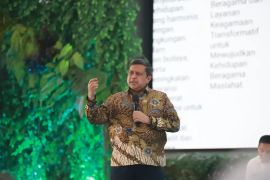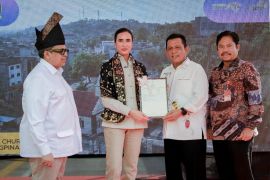MSMEs that will apply for halal certification through Brawijaya University will be directed to a system that will assist them to check which documents must be prepared and filled outMalang, E Java (ANTARA) - Brawijaya University (Unibraw) is developing a digital halal certification system for micro, small, and medium enterprises (MSMEs) in Indonesia for the Reverse Linkage Project.
According to the head of the project team, Dr. Hagus Tarno, the system will archive documents from the stage of processing to issuing of certification.
By archiving documents on a digital system, MSMEs seeking halal certification management will find it easier to see the results of the evaluation of each process that has been carried out, he added.
Related news: President emphasizes MSMEs development, climate change at APEC-ABAC
"MSMEs that will apply for halal certification through Brawijaya University will be directed to a system that will assist them to check which documents must be prepared and filled out. Continue to the certification process, there will be another system that will make sure that the business owners know the step they are currently in--whether their documents are returned to them or they are going to the certification," Tarno said in a statement released on Monday.
There has been an offer from the Department of Cooperatives and SMEs of Malang Regency for assisting 100 business owners who will apply for halalcertification in Brawijaya University in the near future, he informed.
"There has been an offer ... we will try to identify and apply it to the MSMEs that we will assist," Tarno said.
The project for developing a halal digital system received funding of US$2.06 million for two years (November 2021-November 2023) from Serunai Malaysia and the Islamic Development Bank (IsDB), he disclosed.
Meanwhile, Brawijaya University, IsDB, and Serunai Malaysia signed a letter of intent (LoI) virtually on Sunday (November 14, 2021).
Related news: MSMEs urged to implement green business
The LoI will be followed up with a tri-partite agreement before the project is carried out, Tarno said.
If the system is already running in Brawijaya University, it can be applied in other universities, he added.
Meanwhile, the university's vice rector for planning and cooperation, Prof. Dr. Ir. Moch. Sasmito Djati, M.S., said that Brawijaya will support the currently under-development halal certification project, which can be applied not only to food and beverages products but also to pharmacy and tourism MSMEs.
Universitas Brawijaya is known as a pioneer in incubating critical aspects of the halal value chain since 1987, he added.
Related news: Digitalization has helped MSMEs survive pandemic: Minister Masduki
The concept of halal certification in Indonesia originated with the efforts of Dr. Ir. Tri Susanto, a lecturer in Food Technology, Department of Agricultural Technology, Faculty of Agriculture at Brawijaya University at that time, he informed.
Since then, the scientific products developed at the university have become formal archetypes for the Muslim community in Indonesia in creating awareness on the importance of the halal concept and promoting the halal ecosystem, he said.
Considering Brawijaya University's long history in developing the halal concept and ecosystem, it is perfect to become a beneficiary of the Reverse Linkage Project for utilizing digital technology to help improve the role of MSMEs in the Indonesian economy, he added.
Related news: BPS records improvement in population mobility in October 2021
Related news: BPIP submits 15 textbooks on state ideology Pancasila to President
Translator: Endang Sukarelawati, Yashinta
Editor: Fardah Assegaf
Copyright © ANTARA 2021
